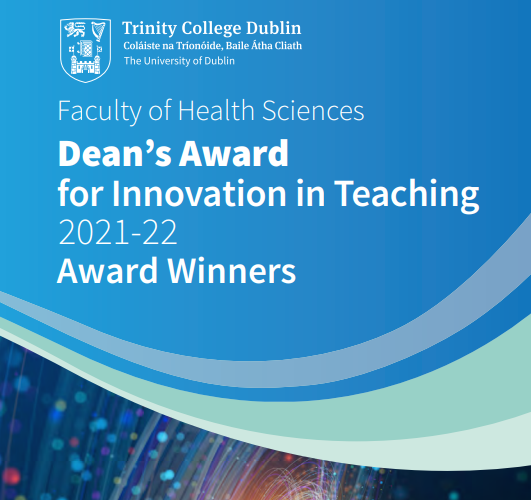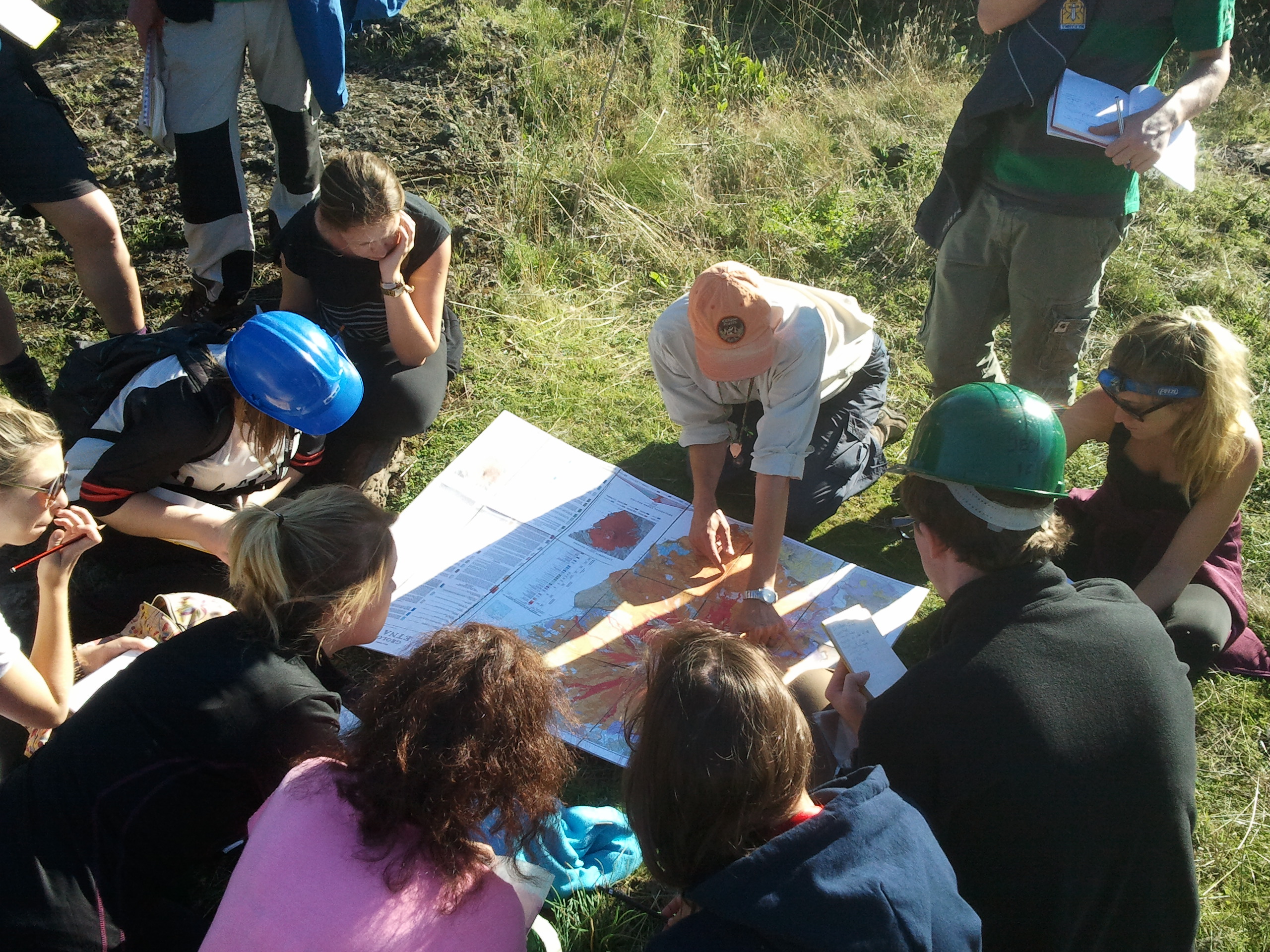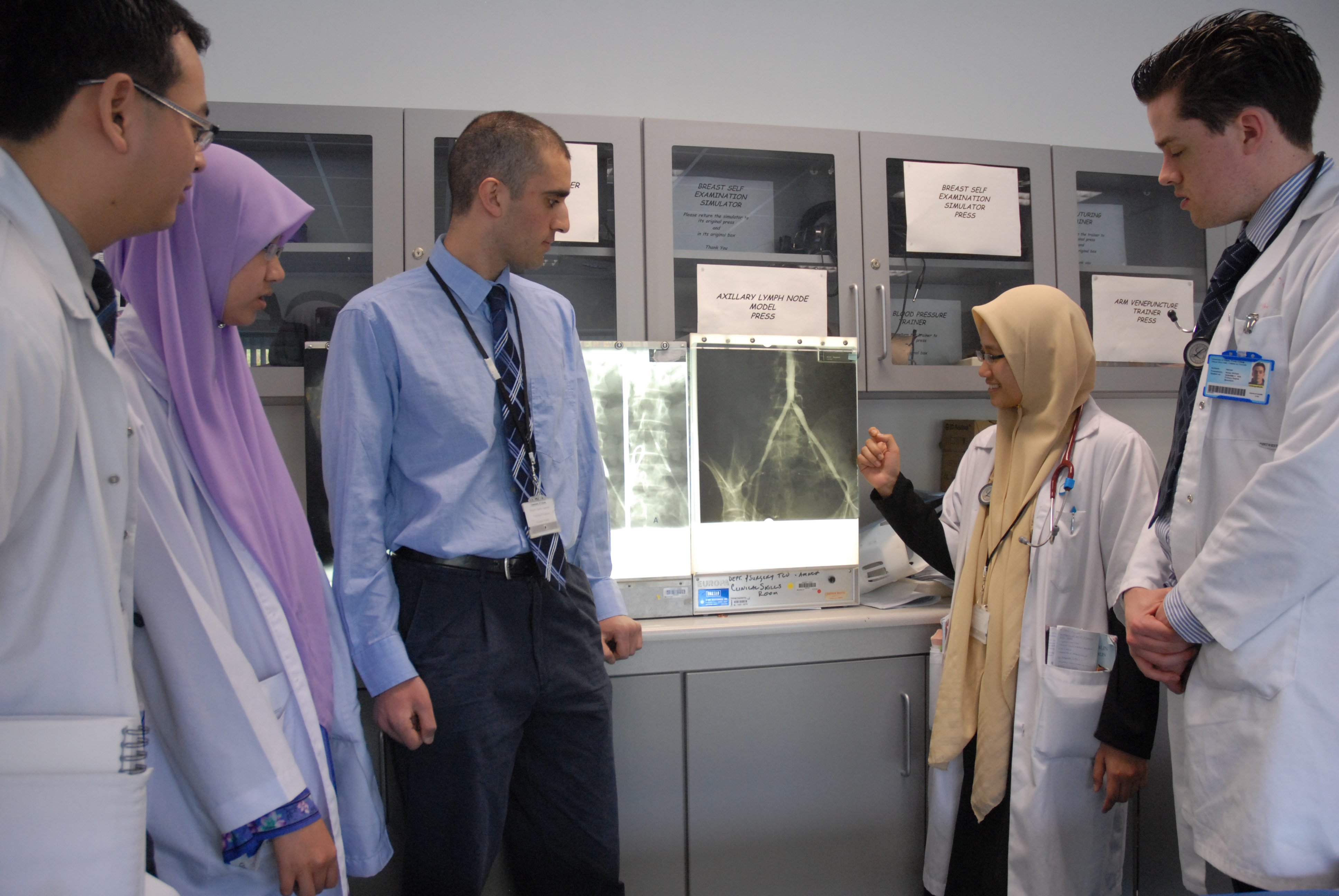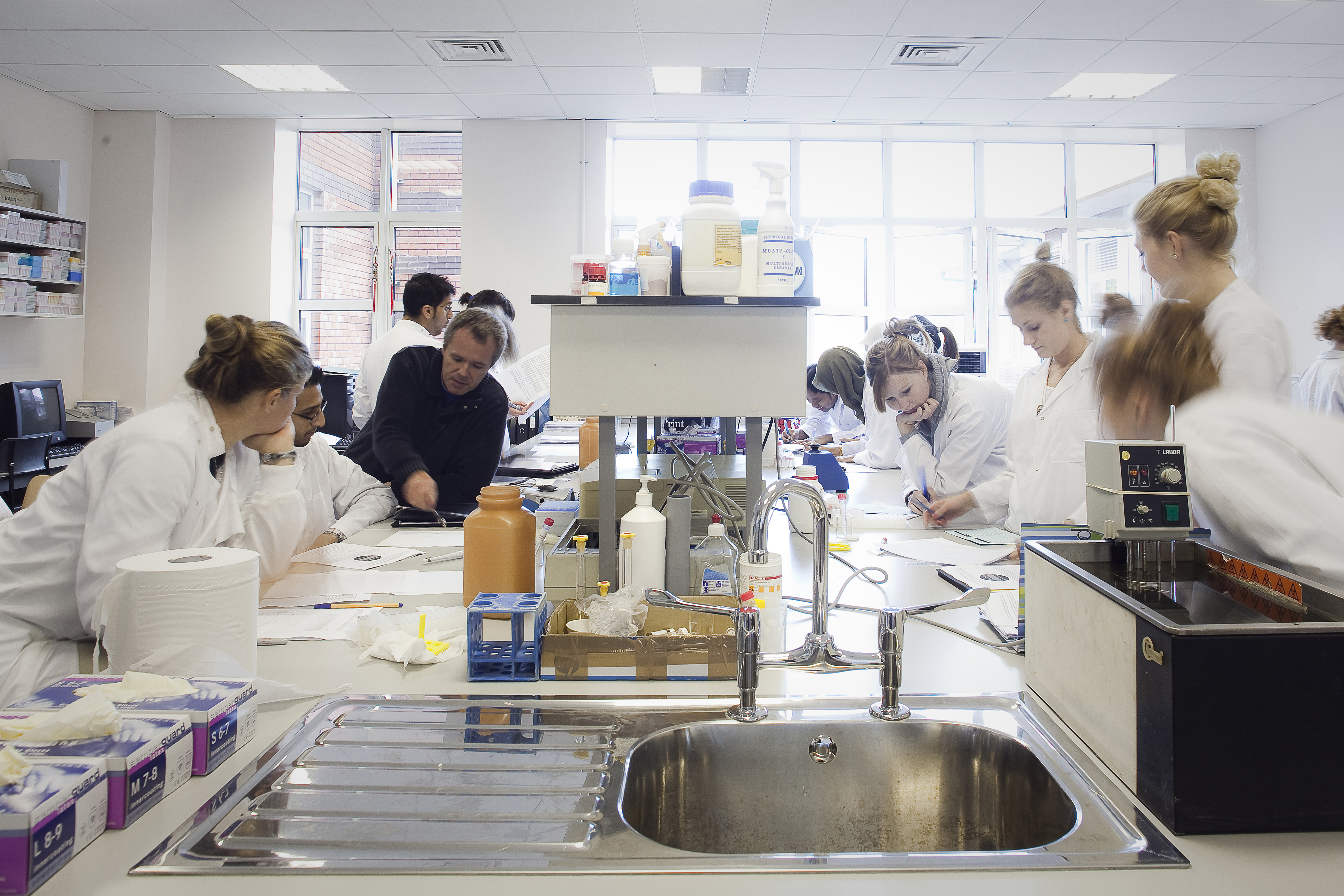Workshops & Events Archive 2023-24

Interactive Oral Assessments – a DCU perspective.

Lunchtime Event: How are we exploring the use of GenAI to support student learning?.

Lunchtime Seminar - Teaching Award winners share their teaching innovations and experiences.

Strengthening Academic Integrity through Effective Assessment.

The ABC Approach to learning Design.

Getting started with Learning Outcomes.

Introduction to Teaching & Learning at Trinity.

Take home assignments in the AI era.

Challenging cheating: strengthening academic integrity through the “Swiss Cheese” approach
This webinar will support you to understand what is meant by academic integrity, academic misconduct, and cheating behaviours

Making effective use of Teaching Assistants in lab based disciplines
Join a team of educators from the University of Sheffield for a workshop exploring how to unlock the full potential of teaching assistants (TAs) in the classroom.

Teaching and Learning Workshop
Unleash your teaching potential on our interactive and vibrant Teaching and Learning workshop.
Workshops & Events Archive 2022-23

Writing a Teaching Philosophy Statement
Teaching Philosophy Statements are goal-setting reflective documents which enable you to explore your thinking and core beliefs around teaching and learning.

Assessment Integrity: Challenging Cheating?
This interactive workshop draws on Phillip Dawson’s extensive recent work around e-cheating, academic integrity, and assessment design to review assessment through an assessment integrity lens.

Writing Retreats Summer 2023
Join us for a series of structured writing retreats on Thursdays in July and August 2023.

Assessment Integrity Clinic AHSS
Safeguarding Academic Integrity in an age of Artificial Intelligence (AHSS disciplines).

Assessment Integrity Clinic HS
Safeguarding Academic Integrity in an age of Artificial Intelligence (HS disciplines).

Assessment Integrity Clinic STEM
Safeguarding Academic Integrity in an age of Artificial Intelligence (STEM disciplines).

Writing a Teaching Philosophy Statement
The first hour of this interactive online workshop provides attendees with an introduction to teaching philosophy statements (TPS)...

Generative AI and ChatGPT - What is next for Assessment in Higher Education?
This online event provides an opportunity for teaching academics, programme leaders, and university management across the Irish Higher Education sector to engage in a national debate on the potential implications of generative AI.

Curriculum Design Workshop
Curriculum design is an important component of the curriculum development process that supports the planning, implementing and evaluation of a programme or module.

ePortfolio for experiential learning Showcase
This project partners staff and mentors with students to position ePortfolio as an approach to assess the competencies of future health care professionals...

Writing a Teaching Philosophy Statement
The first hour of this interactive online workshop provides attendees with an introduction to teaching philosophy statements (TPS)...

Curriculum Design Workshop
Curriculum design is an important component of the curriculum development process that supports the planning, implementing and evaluation of a programme or module.

Programme-focused assessment
Programme teams need to engage in purposeful conversations about how, why, what, when and who questions related to the assessment of learning across the programme and consider ideas for its enhancement.

Using digital technologies to enhance assessments in the form of essays and literature reviews
The most used assessment types in the Faculty of AHSS are essays and literature reviews (TLA survey, 2021). In this workshop we will share and explore ways in which digital technologies can be used to enhance these types of assessments for formative and summative purposes.

Using digital technologies to enhance assessments field trips - how digital can complement the physical space
During the pandemic it was not always possible to run physical or real field trips, resulting in the development of virtual field trips. In this workshop we will share and examine how elements of these virtual field trips can be used to enhance formative and summative assessment in the STEM disciplines.

Using digital technologies to enhance assessments of Clinical Practice skills
Many aspects of clinical practice skills were assessed using digital technologies during the pandemic. In this workshop we will share and explore how such skills are digitally assessed, both formatively and summatively.

Exploring open-book examinations for the digital context (Health Sciences)
The workshop aims to support academic staff with the design of open-book examinations for the digital environment. This workshop is likely most suitable for colleagues working in Health Sciences disciplines.

Exploring student and staff experiences of digital teaching, learning assessment in Health Science
This workshop explores the findings of Trinity’s 2021 survey of staff and student experiences of digital teaching, learning and assessment in Health Sciences. Invite only event.

Exploring student and staff experiences of digital teaching, learning assessment in STEM
This workshop explores the findings of Trinity’s 2021 survey of staff and student experiences of digital teaching, learning and assessment in STEM. Invite only event.

Exploring student and staff experiences of digital teaching, learning assessment in Arts, Humanities & Sciences
This workshop explores the findings of Trinity’s 2021 survey of staff and student experiences of digital teaching, learning and assessment in Arts, Humanities & Sciences. Invite only event.
Workshops & Events Archive 2021-22

Writing a Teaching Philosophy Statement
Develop your own teaching philosophy statement in response to a structured series of writing prompts, working both on their own and collaboratively with peers.

Writing Retreats Summer 2022
Join us for a series of structured Writing Retreats on Tuesdays in June, July, and August 2022

Digital Futures in Higher Education Practice & Policy
In this seminar, Prof. Bayne will outline key challenges relating to digital futures in policy and practice in higher education.

Designing Learning Outcomes for Labs
In this workshop Dr. Andrew Garrard and Dr. Adam Funnell will outline their experiences of refocusing the labs within Engineering programmes in the University of Sheffield and what worked and what did not during the pandemic.

Team Based Learning: Optimising Active & Collaborative Learning.
This short workshop aims to introduce participants to Team-Based Learning (TBL) by experiencing it as a student would.

Building a community of inquiry online: Deepening student experiential learning
This interactive workshop introduces participants to the process of creating meaningful collaborative online student learning experience through targeted teaching presence.

Constructive alignment & assessment rubrics in interprofessional education.
This workshop introduces key aspects of teaching philosophy statements, and supports you to develop you own statement using a structured series of writing prompts.

ePortfolios for experiential learning: Guided by theory, cultivated by Students
Keynote presentations were given by Prof Kathleen Yancey (FSU, ePortfolio-as-Curriculum: Models and Practices for Developing Students

Practices in the disciplines – opportunities & challenges of digital education
This online seminar and workshop, held on November 17th 2021, featured a keynote presentation by Dr. Peter Bryant of the University of Sydney, who explored how the move online, due to the pandemic, contributed to the design of a transformative and connected learning experience.

Supervising Research Students Remotely
This seminar highlighted the valuable learning obtained around the pedagogy of supervising research students remotely during the pandemic.

Writing a Teaching Philosophy Statement
This workshop introduces key aspects of teaching philosophy statements, and supports you to develop you own statement using a structured series of writing prompts.

Writing a Teaching Philosophy Statement
This workshop introduces key aspects of teaching philosophy statements, and supports you to develop you own statement using a structured series of writing prompts.

